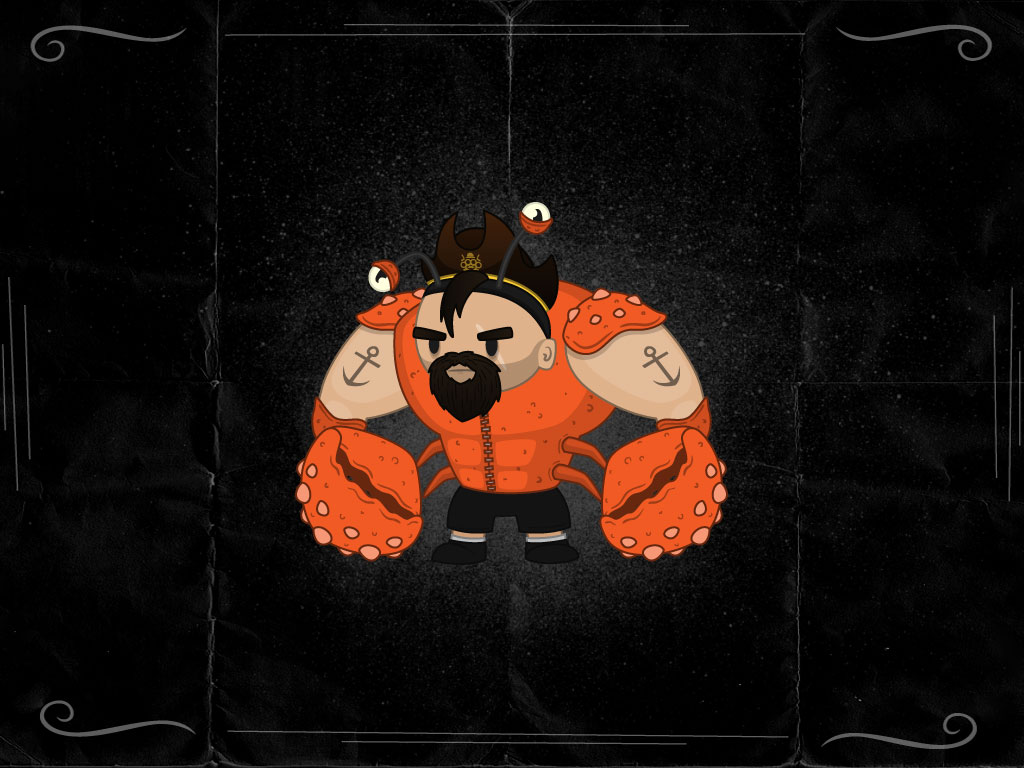
Computer games get smarter with Microsoft’s cloud
Did you ever get stuck at a level of your favourite smartphone game? Struggled with the controls of a particular app – and were never quite sure whether to blame the games’ fiddly controls or fat fingers for the trouble? British games studio Mediatonic doesn’t have that kind of problem anymore, because its users play “games as a service” – backed by the cloud, whether they play on the web or on a smartphone app.
A combination of cloud computing and real-time analytics allows Mediatonic to observe behaviour patterns across every level of all its games and refine the experience.
“When gamers hit a snag,” says Mediatonic Chief Executive Dave Bailey, “the system quickly flags it up and our developers can optimise the code to ensure a smooth playing experience. It’s this attention to detail that makes Mediatonic games like Disney’s Superbia, and the Amateur Surgeon series so irresistible”.
Mediatonic’s games connect millions of players around the world, both online and through their smartphone apps. The company works with some of the biggest names in the industry, from Activision, EA Games and Disney to Sega and Time Warner.
 |
| With Windows Azure, Mediatonic can see how its community is using the games
March 19, 2014 |
However, Mediatonic’s “Games as a Service” model is going to the next level after the company beefed up its analytics infrastructure by switching from Amazon Web Services to Microsoft’s Windows Azure cloud technology.
With Windows Azure, Mediatonic can see how its community is using the games: for instance exploring which parts are the most fun, and where its users struggle. It’s this constant “listening to the gaming community” that helps Mediatonic fine-tune its offering and develop new ideas.
Dave Bailey explains: “Our teams work for many months to design and build each game and we try to make them as compelling and fun as possible. Once our games go live, we use Microsoft’s analytics and cloud technologies to understand how players are experiencing the games. Windows Azure helps us to analyse lots of different metrics; we can see, for example, whether users are struggling in a certain level, and then we can fix that. We also get a better understanding of which game play works better on which platform, and can run experiments to test new ideas on a subset of players.
“Games as a service is a relatively new area,” says Bailey. “We use a data-driven approach to understand what our game players like and enjoy, so that we can quickly improve our player experience. It’s critical that we can do this quickly and with minimum overheads.
 |
| Mediatonic can observe behaviour patterns across every level of all its games
March 19, 2014 |
Microsoft brings best-in-class integration between the cloud platform and analytics and integrates with our wider technology stack. Although we’ve only been using Microsoft’s technology for around three months, we’re already seeing the difference and we’re very happy with how it’s going. My team and I really like the way the solution provides us with much more detailed insight than we have had before.”
Rob Fraser, CTO Cloud Services at Microsoft UK said: “The cloud is enabling a new generation of agile businesses which don’t need an IT infrastructure of their own and can scale as needed. For companies such as Mediatonic, it means they can be nimble and create compelling content and games that can be tweaked on the fly in response to feedback and insight gained from analysing data. We’re proud that Mediatonic has chosen Microsoft over a competitor and is creating and running games people love on our Windows Azure platform.”

